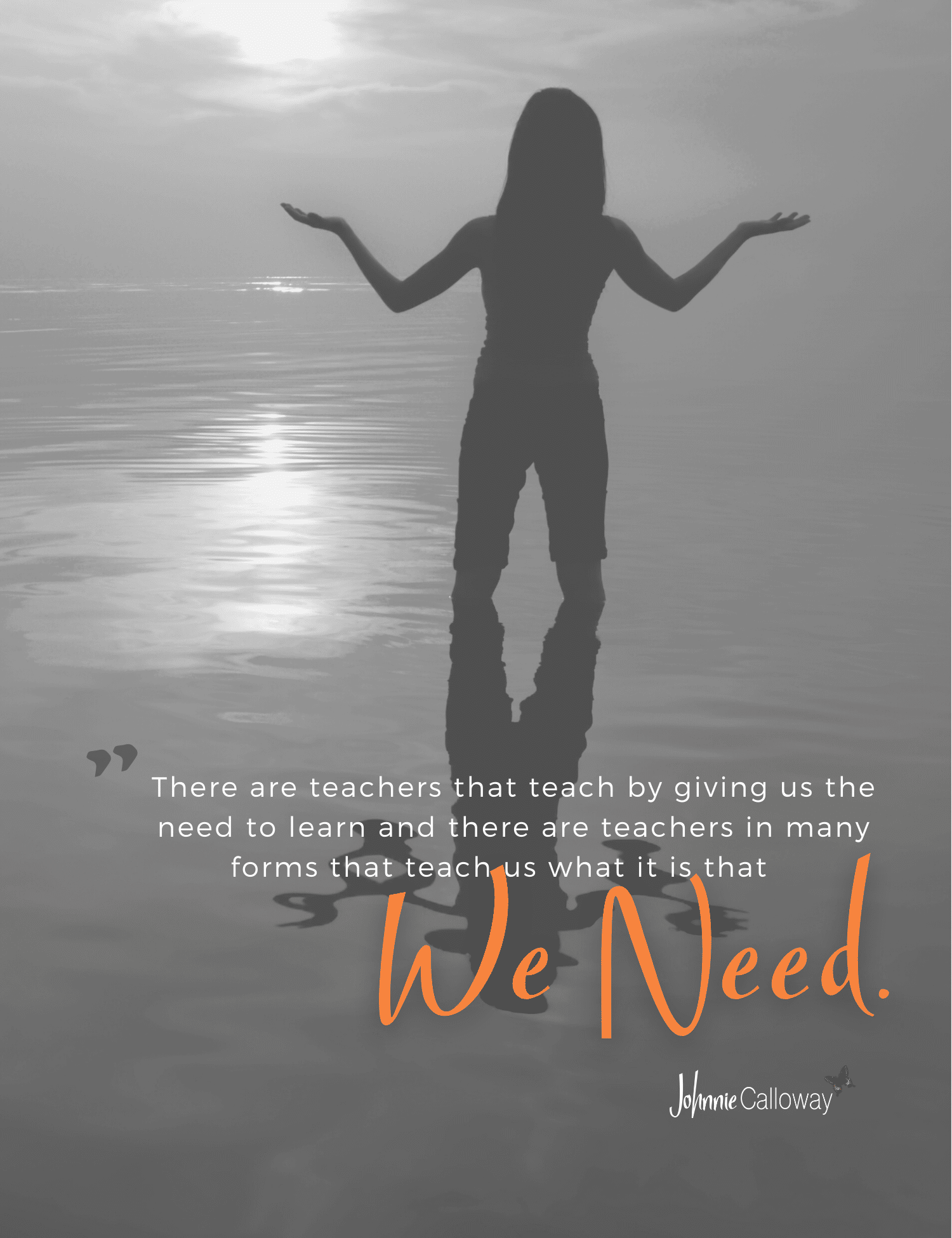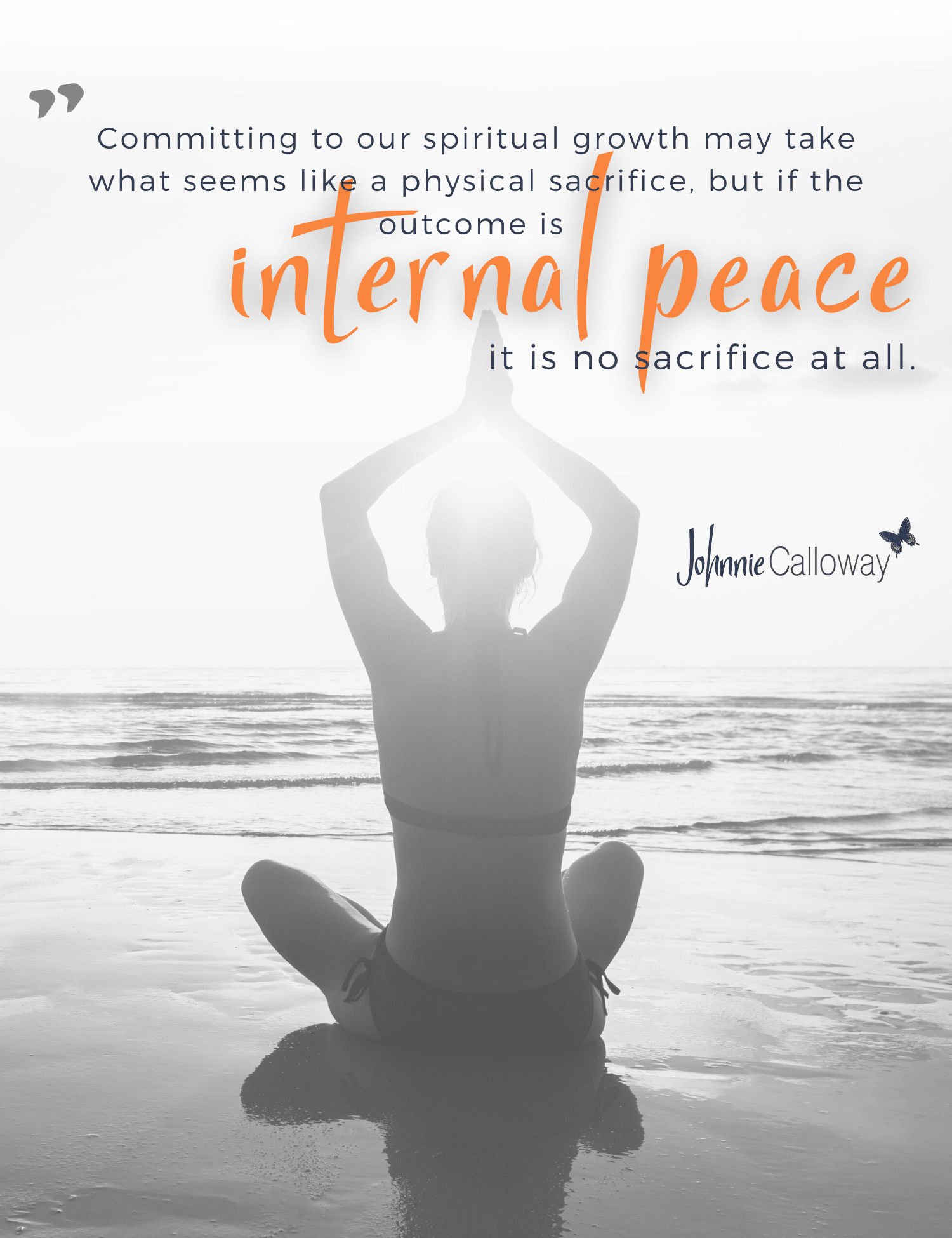Guilt seems to be a natural part the human condition. All faith-based sects believe they hold the corner on guilt like their particular denomination teaches guilt the best. The Jewish, the Catholic, the Baptist, the non-denominational, the atheist, and even the agnostic all believe they were controlled more by guilt than others. The truth is, it is a control mechanism used by all people all the time. It is one of, if not the best manipulative tools known to man.
The question is; What purpose does guilt serve other than to control and manipulate? We carry with us in all that we do the deep inner belief that to feel guilty is the price we must pay for whatever perceived wrong we think we have committed. It is our penance. The very definition of penance says it all; voluntary self-punishment as an outward expression of repentance for having done wrong. The idea of having a debt to pay for a perceived wrongdoing is at the base of all guilt. For most, it is automatic, almost instinctual, a reflex. We seem to get some sense of satisfaction from feeling guilt like a small voice within whispering when we feel shame, ‘see, I do care.’
We often respond to situations as if guilt is a great motivator and reason to change. You do not have to make yourself wrong to get yourself right. How many times when we attempt to change behavior and falter do we feel guilty because we fell short of our goal? What if we said to ourselves that I do not like how this makes me feel? And decide to try harder the next time. Guilt does not have to be our motivation to change. Whenever we feel guilt, we have judged ourselves. We make ourselves wrong and seek some way of punishing ourselves. The first thing we do is separate ourselves from others, maybe not physically, but emotionally and spiritually. It is impossible to make ourselves or anyone else wrong without making someone else right, which enhances the idea of isolation and separation. We cannot heal from a separated state.
[cp_modal display=”inline” id=”cp_id_db2da”][/cp_modal]When we determine someone to be guilty, we have judged them, and we cannot put ourselves in the position of judgment without making ourselves better than whoever or whatever we have judged.
The ego’s use of guilt is to separate. You cannot feel guilt or project guilt onto others without simultaneously enforcing the wall the ego puts between us. Think for even a moment about Webster’s definition of guilt; make (someone) feel guilty, especially in order to induce them to do something.
How do we possibly overcome this almost instinctual reaction to a mistake, whether ours or someone else’s? It takes a lot of self-discipline, practice, a commitment to self-investigation with an honest self-appraisal. As is true with all spiritual growth, it takes an intense devotion to the three most prevalent spiritual principles, honesty, open-mindedness, and willingness.
It takes a deep inner commitment to the idea of the possibility of ‘I could be wrong.’ Without an open mind and a willingness to be wrong, there is no way to grow. We cannot learn anything if we think we already know.
In summary, I would say the way and the path beyond guilt is through compassion, understanding, empathy, and love, not only for those we attempt to see as guilty, but also and, most importantly, ourselves.
Subscribe To The Newsletter
GET THE LATEST CONTENT AND NOTIFICATIONS
Your information is safe and secure.



